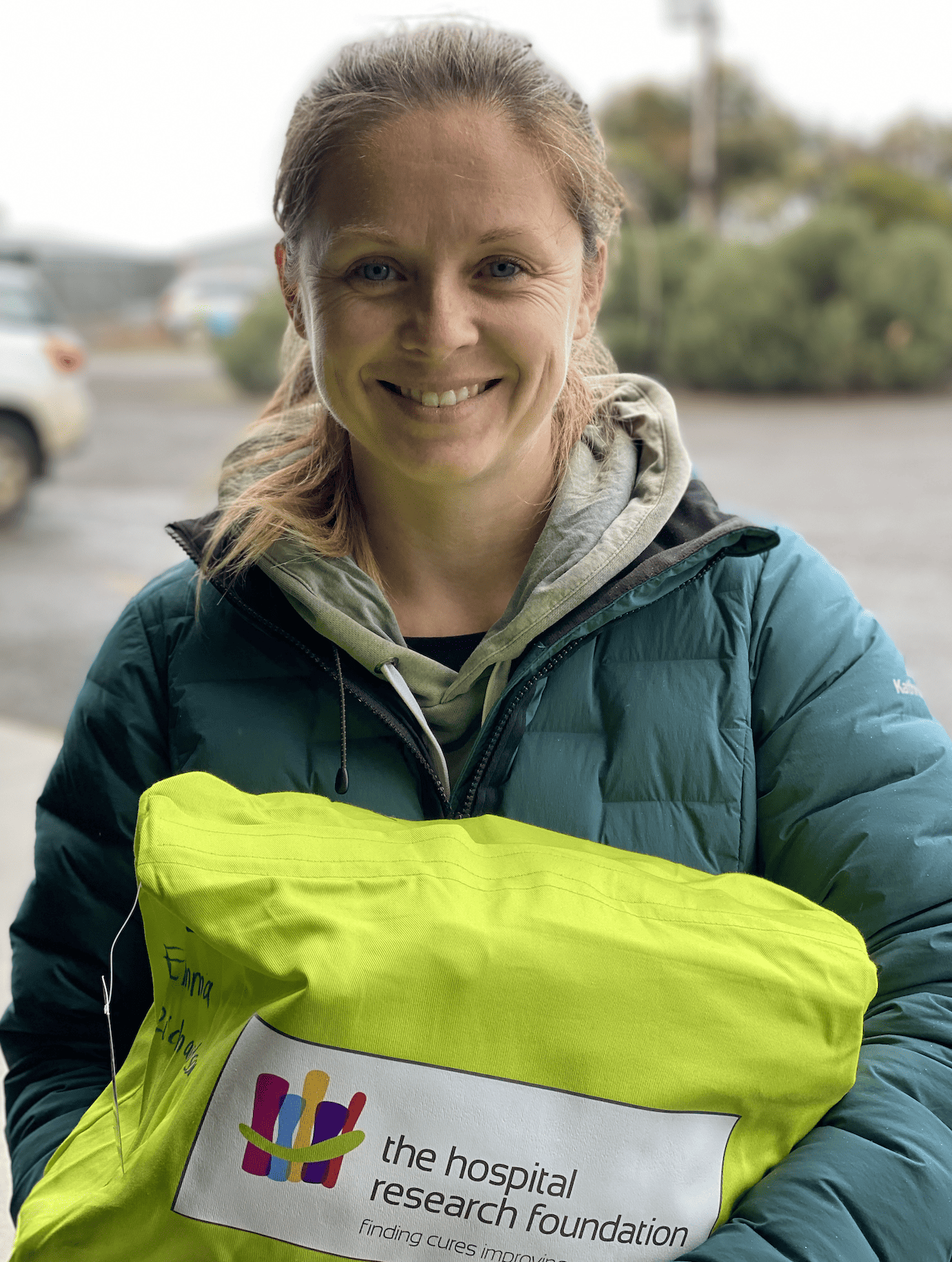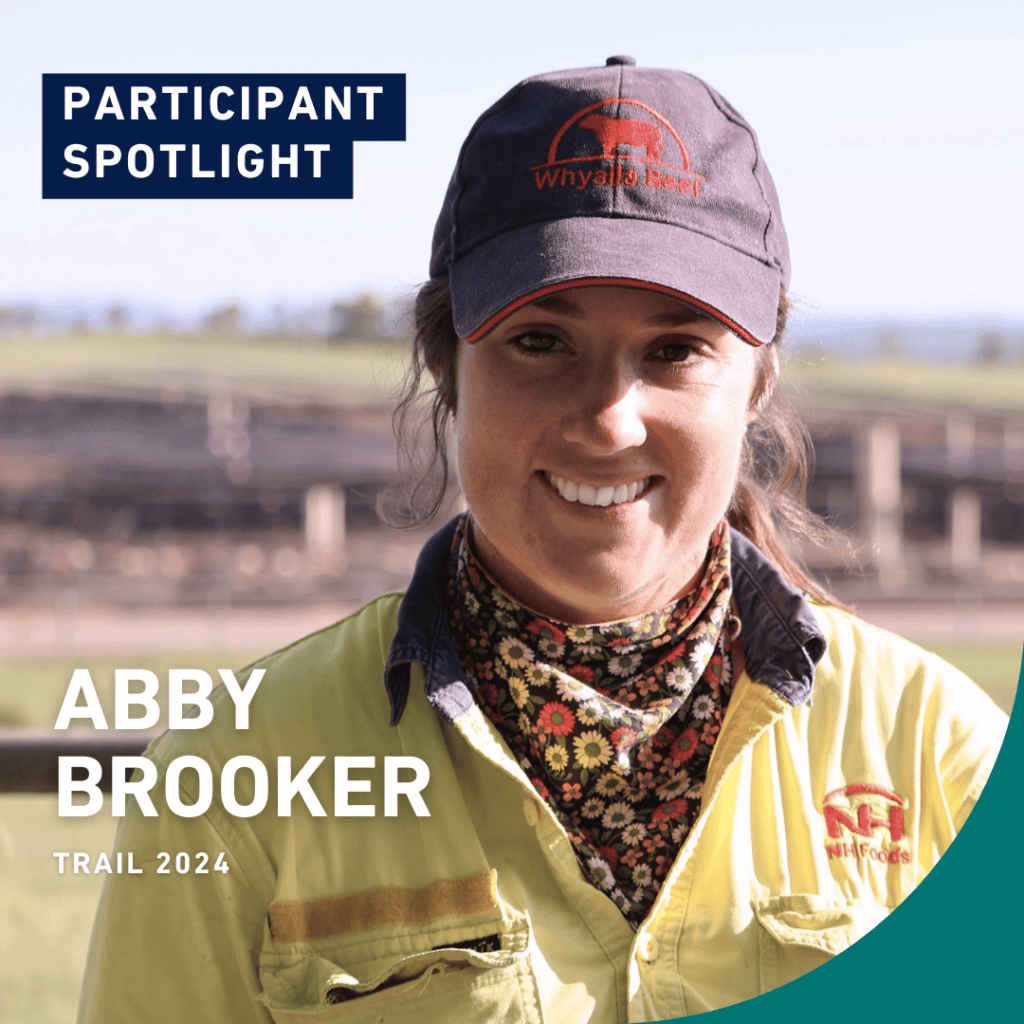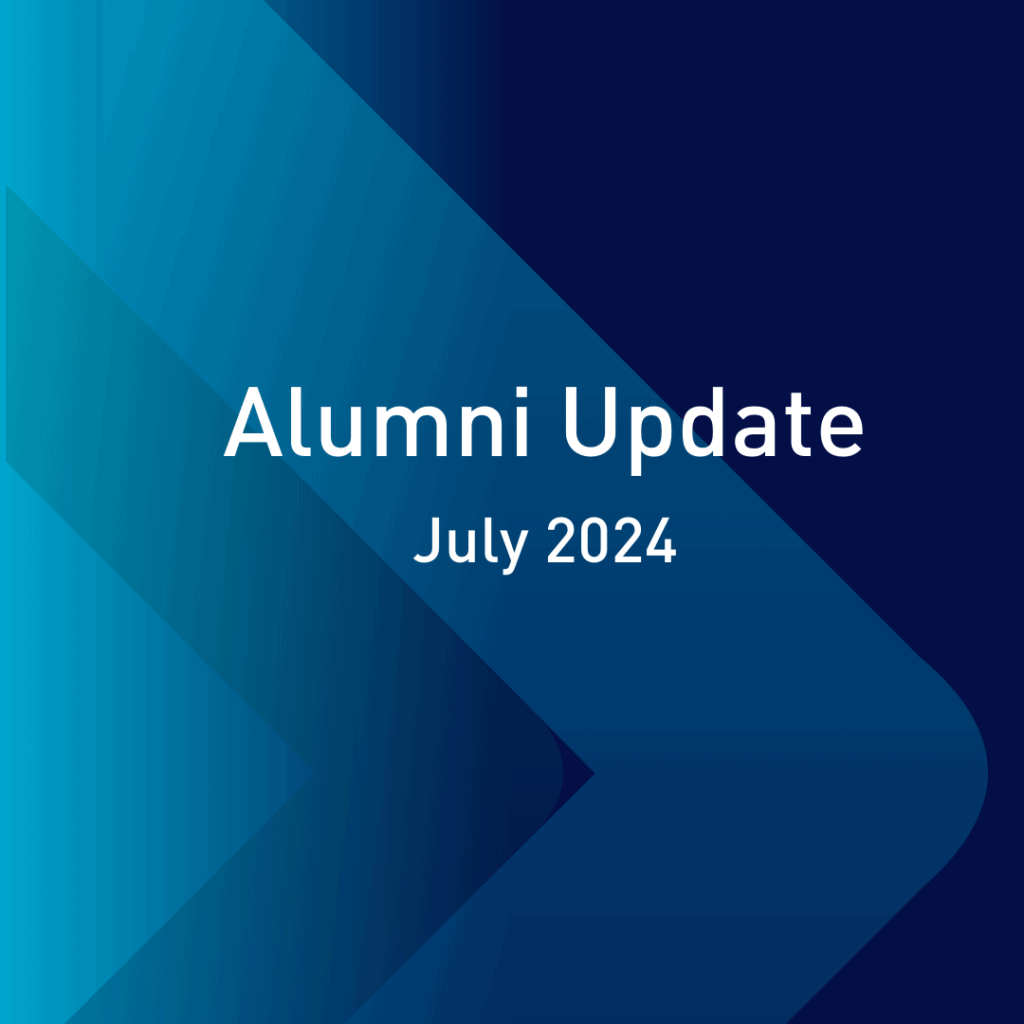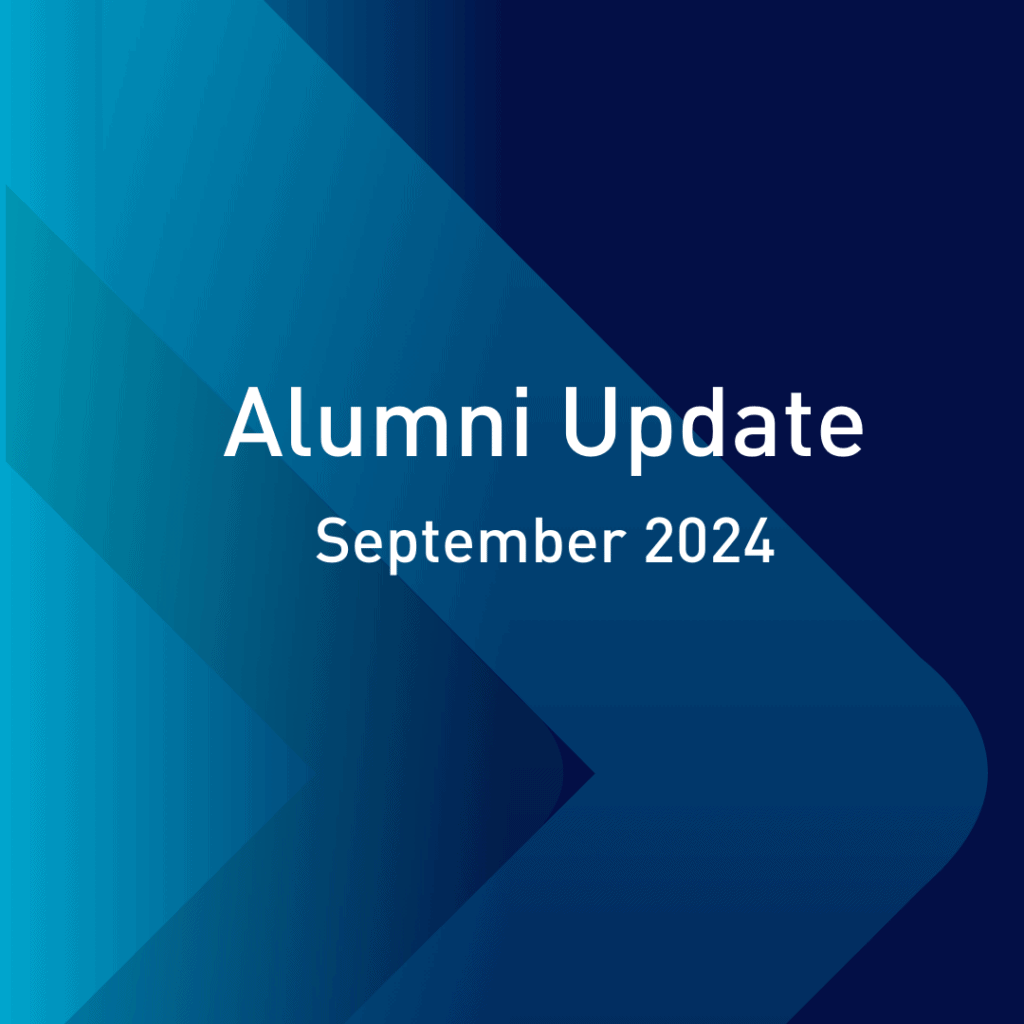Sabrina Davis had a visceral “yes” response to becoming a mentor with the National Mentoring Program. The concept of a ‘mentor’ for her holds a strong association with a brief, impactful encounter that followed a time of devastation for Sabrina, her family and her community.
“I had met someone who came from a fire affected region to mentor us here. I remember the way they made us feel as someone who came with no agenda – just there sitting and listening and sharing stories from their own life.” Sabrina says.
As a leader in her Kangaroo Island community who has achieved remarkable things in the aftermath of the 2019 Black Summer fires that decimated farms, habitat and homes – including her own – Sabrina is attuned to the value of giving back.
She frames her own efforts to help her island in its recovery journey as just one person’s contribution among many. Yet she fulfils an impressive role in her local community. As well as rebuilding a home and rehabilitating a 1000-acre sheep property on the remote western end of South Australia’s Kangaroo Island, Sabrina has captured and connected her community’s post-fire stories and spirit. She has shared people’s experiences through her Humans of Kangaroo Island project and used the power of these insights to leverage the fundraising of $80,000 for equipment to support the Island’s fire preparedness. Sabrina also produced a documentary film chronicling the Island’s recovery process.
A process of Q&A
It was a few years into the ongoing work of disaster recovery that Sabrina decided to act on “a real need to pay it forward” and step into the role of a mentor – “someone willing to give their time with no attachments” just as she had experienced herself.
“One of my top values is the love of learning. I don’t really know that I had a lot of spare capacity, but I made it a priority to do this.”
Sabrina’s first mentee through the National Mentoring Program, Lucy Porter, is a Regional Soil Coordinator with the SA Drought Hub. They began their formal pairing with a face-to-face catch up when Sabrina found herself in Adelaide. With a comfortable connection in place, they then met via Zoom each month.
“Our interests in agriculture formed our common ground, along with the fact that we are both terrible perfectionists and have found ourselves in some similar situations,” Sabrina says.
While ostensibly Lucy wanted to work on better organisation and planning; goal-setting; and improving work-life balance, Sabrina’s listening ear led them to some wider discoveries.
“Our conversations sometimes went beyond that. It became clear that Lucy wanted to feel more valued and challenged based on her unique skillset. She was experiencing some low confidence, and didn’t entirely trust herself.” Sabrina says.
Sabrina could well relate to the challenges of stepping into a leadership role and offered support and empathy to the challenges Lucy raised for discussion. Sabrina worked with Lucy on gaining confidence in what she brought to the table, as well as finding her voice. Speaking up and leaning into what she loves doing became important priorities for Lucy.
“It’s a question and answer game most of the time,” Sabrina says. “I listen and Lucy answers her own question, really. It’s important – it’s not about me presenting my own solution. It has to be something she discovers that works for her.”
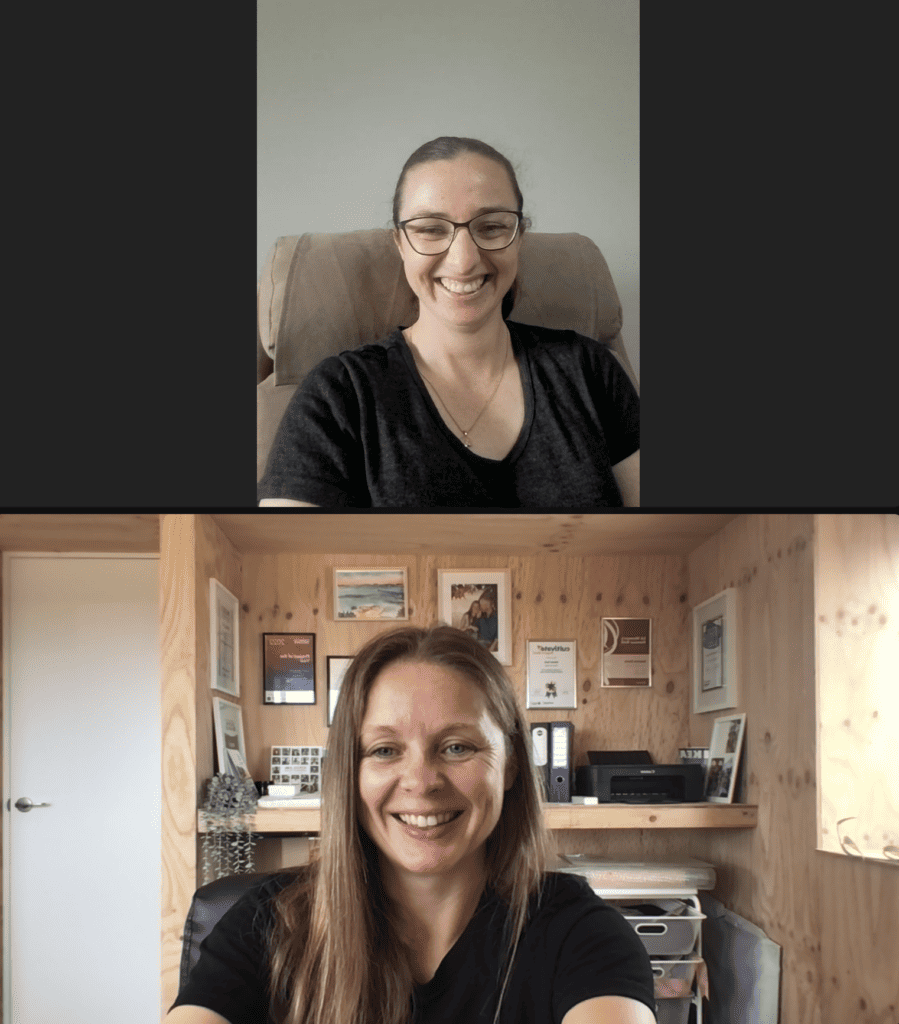
Forged by an experience unlike any other
Sabrina grew up worlds away from the remoteness of Kangaroo Island. She experienced childhood in a former East German village 200km south of Berlin and was seven years old when the Berlin Wall came down in 1989. While her surrounds were agrarian scenes of sugar beet and corn fields, agriculture was not on her radar at all. As a 20-something back packer she arrived in Australia a little burnt out from her early career in media and communications. She came to Kangaroo Island as a volunteer to work with a local bee keeper, who is now her brother-in-law.
Sabrina acknowledges a naïve sense of security over the three-week period in which the 2019 fire storm evolved on Kangaroo Island. With a heavy reliance on local farmer firefighters to defend land and homes, Sabrina’s husband, Ben, was absent save for the periodic presence of smoky clothes on the laundry floor and a dinner plate in the sink. Grass fires had started about 80km away on the opposite end of the island, and Sabrina never felt threatened.
“Then on the night of New Year’s Day we had more lightning strikes in the national park. Suddenly two fires became one big one and met up with the fire from the north coast. January 3 was the most devastating, tragic day on the island,” Sabrina recalls.
“The fire grew; creating its own weather. Pyrocumulus clouds travelled through the entire north coast. It was a giant monster, ravaging everything in its path. The wind changed and brought it along the south coast back towards us. We evacuated at the last minute and my husband escorted us out.”
Ben Davis stayed behind with his brother and dad to defend the family’s 1950s farmhouse. Sabrina and her young son and daughter spent hours waiting and fearing the worst. Their relief that everyone was safe was tempered by the loss of their home, all farm infrastructure and all of their stock.
89 families lost their homes, and more than four years on, recovery and rebuilding are still very much an ongoing process on Kangaroo Island.
Self-reliance has its place in the resilience puzzle
Sabrina well understands the impact of the short news cycle, and the difficulty people have grasping the complexity of recovery in the wake of such an event. While she has worked hard to cultivate ongoing understanding beyond home shores, she has also played her part in supporting the community development necessary to shore up the island’s most powerful natural resource – its people.
“We all learned the lesson that we couldn’t rely too much on powers in charge,” Sabrina says. “We have come to the conclusion that we need to take disaster preparedness into our own hands.”
The silver lining of this grave responsibility is that the Kangaroo Island community is perhaps the most cohesive, connected and supportive it has ever been.
Sabrina knows her neighbours far better in the wake of the fires, and they have reciprocally included each other in their emergency response plans. Shared stories, community gardens, weaving projects and a dynamic ‘harvest exchange’ where residents bring surplus produce are blooming across the once-scorched land.
“With COVID we discovered again that we couldn’t have a reliance on others to come and fix our problems … now people who never thought they had a voice have stepped up and achieved. We are an encouraging community, and when we do step up, we get applauded and rewarded.” Sabrina says.
The rewards of connection
Now on to her second mentoring role with the National Mentoring Program, Sabrina and her mentees have swapped resources, recommendations and discoveries in the world of agriculture and beyond.
“We learn just as much, if not more, from our mentee,” Sabrina says. “You learn a lot about yourself, and you learn how important listening is. You also learn to suppress that ‘advice monster’ – it’s a great lesson. We are not here to solve everyone’s problems in life.”
Over the past 18 months, Sabrina has been volunteering her time co-designing a communities learning network that will help link those preparing for disasters with those recovering from disasters, institutional stakeholders, tools and resources to facilitate knowledge sharing.
Connection, it seems, is Sabrina’s super power. In the wake of a crippling disaster, she has emerged with the understanding that positive, supportive connections can become their very own force of nature.
The National Mentoring Program is part of a suite of leadership development activities delivered by the ARLF under the Helping Regional Communities Prepare for Drought Initiative. The Initiative is funded by the Australian Government’s Future Drought Fund. Between 2021 and 2022 more than 300 people have participated in a first iteration of the program called the Drought Resilience Leaders Mentoring Program.


